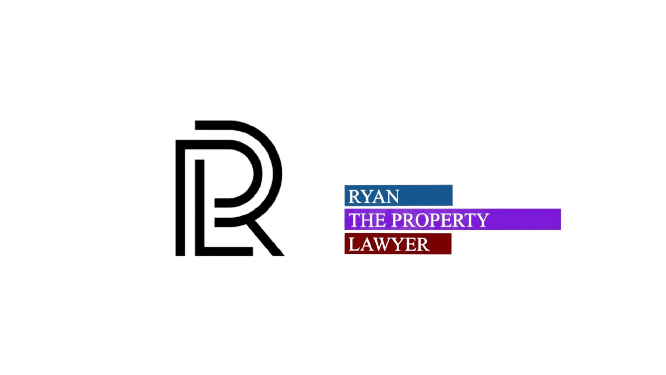The Applicability of HST on the Sale of Vacant Land in Ontario
Generally, Sale of Vacant Land in Ontario , HST is applicable on the purchase of property in four instances:
(a) where the property is residential property and is a new construction build or has been substantially renovated;
(b) where the property is a residential property but contains a portion of non personal use vacant land;
(c) where the property is a commercial property and
(d) on various services associated with the purchase of the property such as real estate broker commission fees and home inspections.
In this blog post, let’s examine the applicability of HST to vacant land.
Largely, the applicability of HST to vacant land hinges on whether the use (prior to the sale transaction) was personal or business-related.
Here are situations when the sale of vacant land will be subject to HST:
- If the sale of the land is capital property that had been used primarily in a business, or the sale of the land is in the course of business.
- If the land was subdivided into more than two parts, sales of the severed portions are taxable, unless sold to a relative for personal use.
However, there are certain situations when the sale will be HST exempt:
- If the vendor is an individual and the land was kept by that person for personal use.
- If the parcel is being created by subdividing another parcel and the vendor is an individual and the land is being sold to a relative (including a former spouse or common-law partner) for their personal use.
- If you have never previously subdivided or severed your parcel of vacant land from another that you owned, and you subdivide the parcel into only two parts, the sale of either of those parts is exempt.
So, what happens when you are purchasing a house that is situated on a large portion of vacant land?
HST will be exigible only on the non-personal use portion of the vacant land. That is, where a sale of vacant land includes a residence or house, the sale is viewed as two separate sales as follows:
- the portion that includes the house, plus the land that is necessary for the use and enjoyment of the house, and
- the remaining portion of land.
HST is exigible on the portion of vacant land, even if it includes residential property, only where the vacant land was not used personally by the owner of the property. If the vacant land portion can be demonstrated to have been used by the seller personally, then no HST will be exigible on its portion.
The test for personal use of vacant land for exemption from HST looks to the use of the land prior to the purchase, not the proposed use after the purchase. Therefore, the purchaser would look to the seller’s use of the land prior to its sale to determine if HST is exigible.
In terms of the actual mechanics of paying, collecting and remitting HST:
- If specified as included in the Agreement of Purchase and Sale: HST is payable in addition to the Purchase Price, and therefore collected by the Seller.
- If the transaction is not subject to HST, the seller will certify this to the buyer on closing.
- If the transaction is subject to HST, the seller will collect the HST on closing unless the buyer provides the seller with a copy of its HST registration, warrants that it is a registrant, and will self-assess and remit the HST payable, and indemnifies the seller for any HST payable.
RPL is experienced in helping clients purchase, sell and refinance their properties, including vacant land with residential properties attached thereto. Contact us for a free consultation.
Author Profile

Latest Blog
 Uncategorised22 December 2023What Constitutes a Legal Partnership in Ontario?
Uncategorised22 December 2023What Constitutes a Legal Partnership in Ontario? Uncategorised22 December 2023Characteristics of a Corporation in Ontario
Uncategorised22 December 2023Characteristics of a Corporation in Ontario Uncategorised22 December 2023Intentions Matter When Co-Owning Property
Uncategorised22 December 2023Intentions Matter When Co-Owning Property Uncategorised22 December 2023Consequences of Operating an Ontario Partnership
Uncategorised22 December 2023Consequences of Operating an Ontario Partnership




